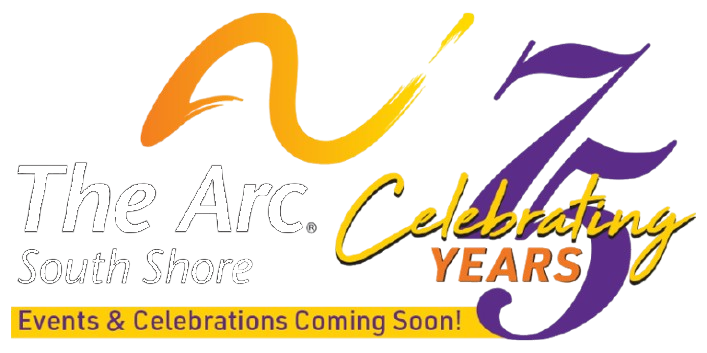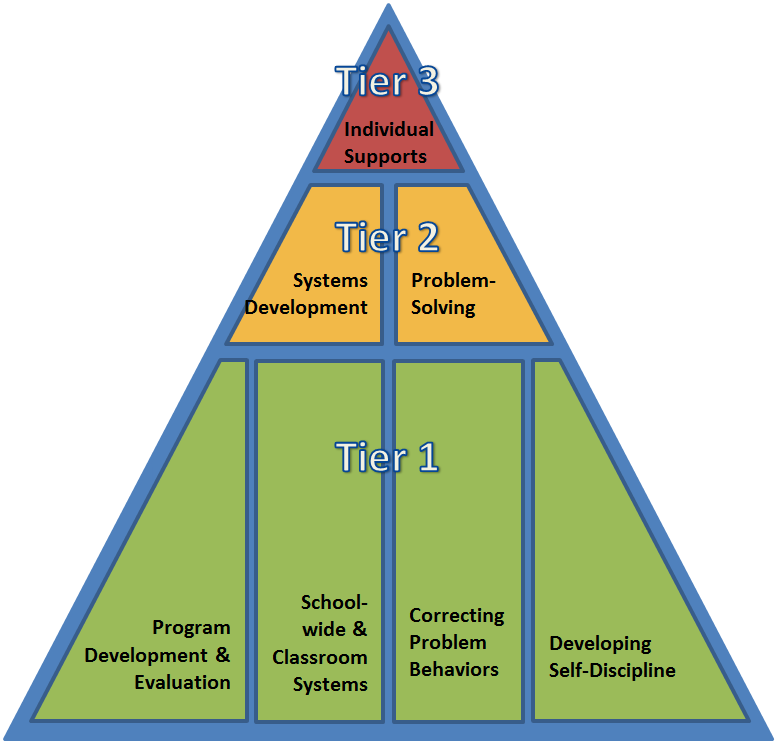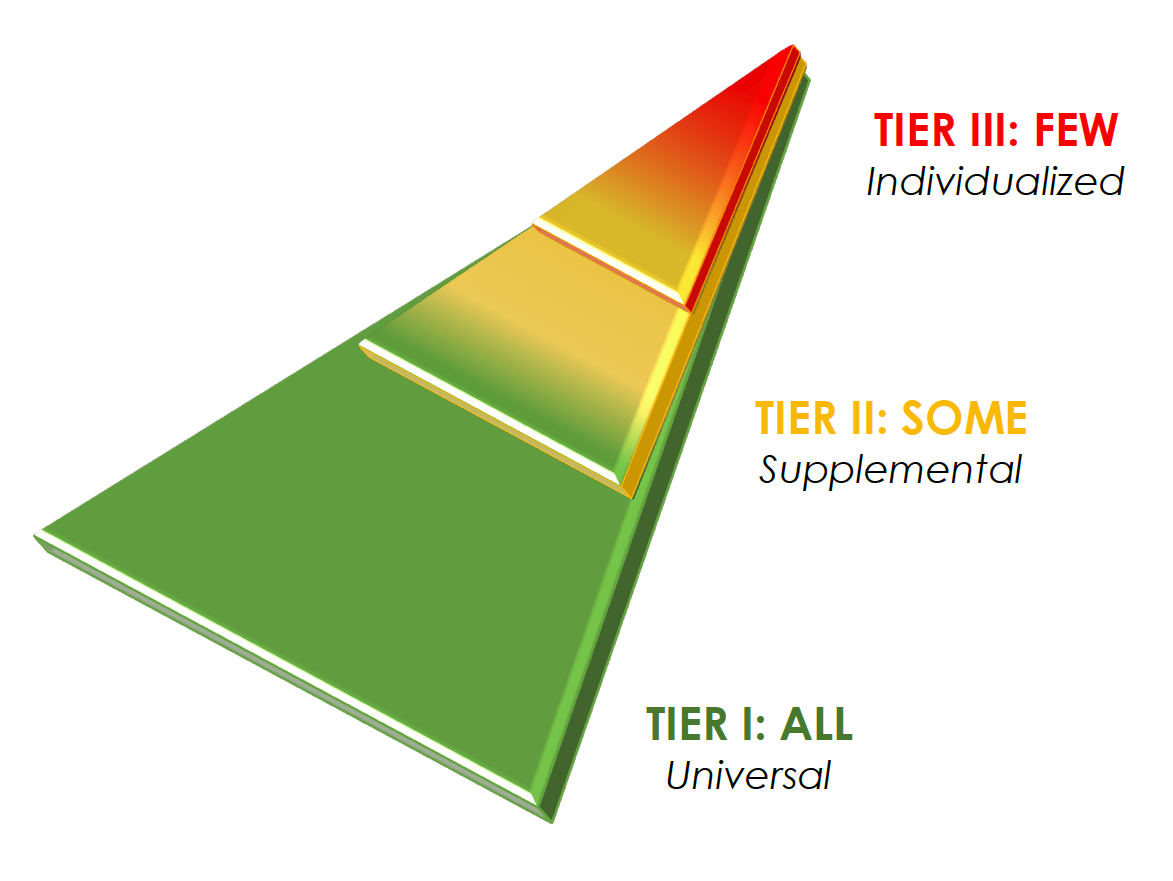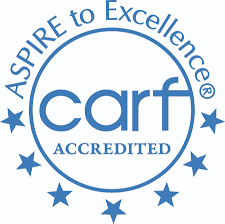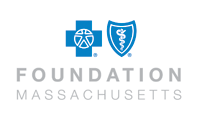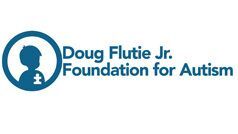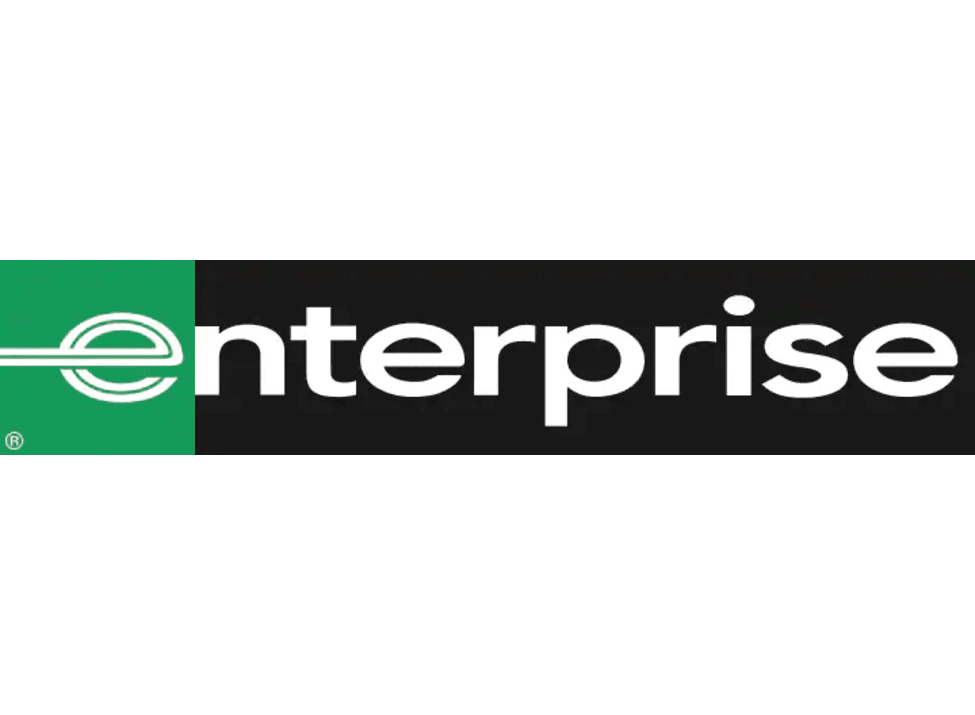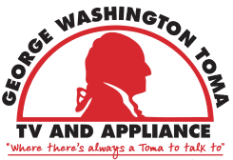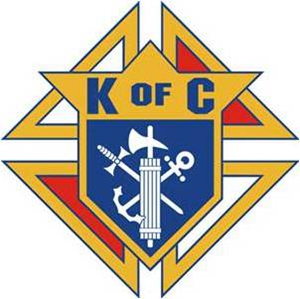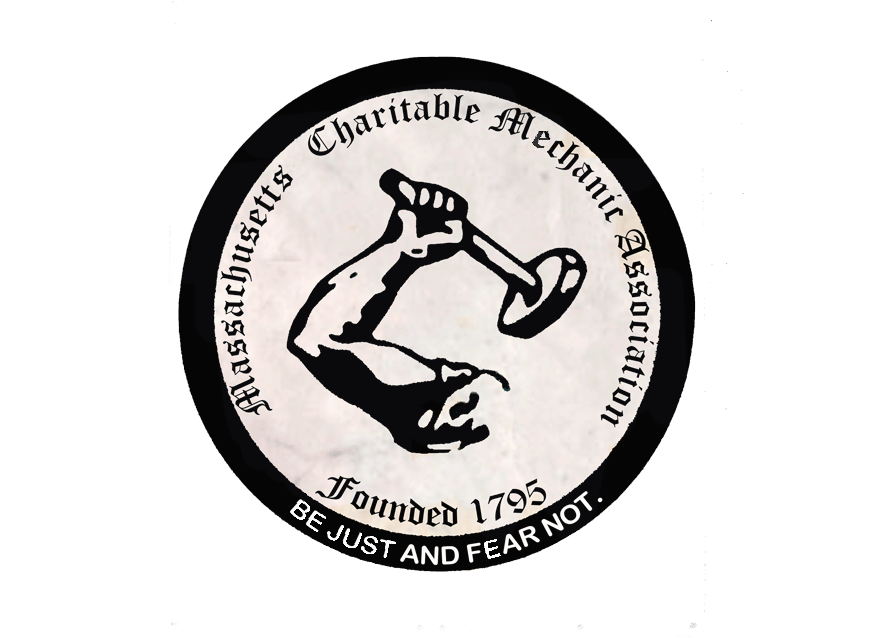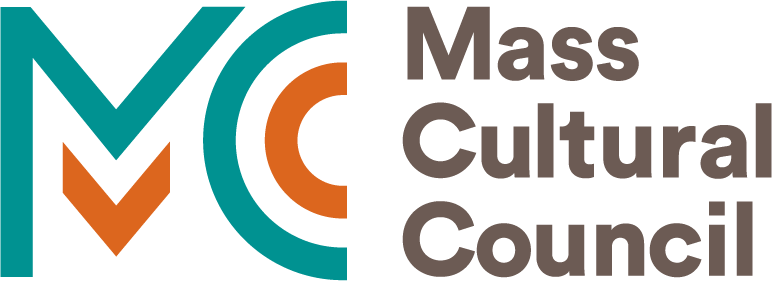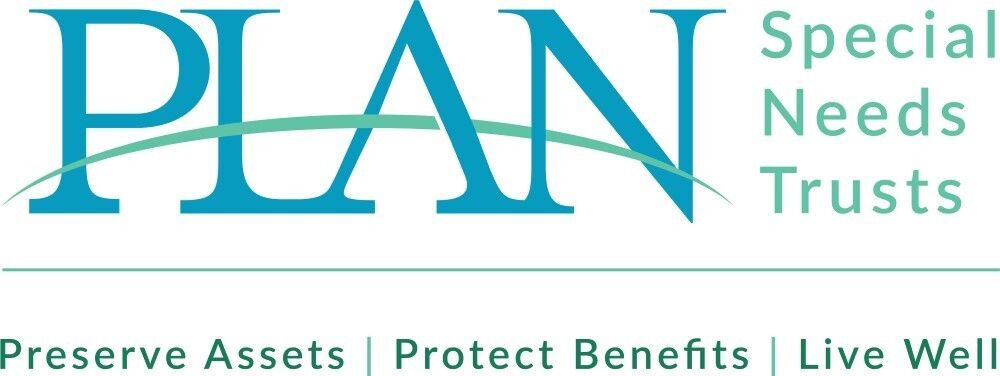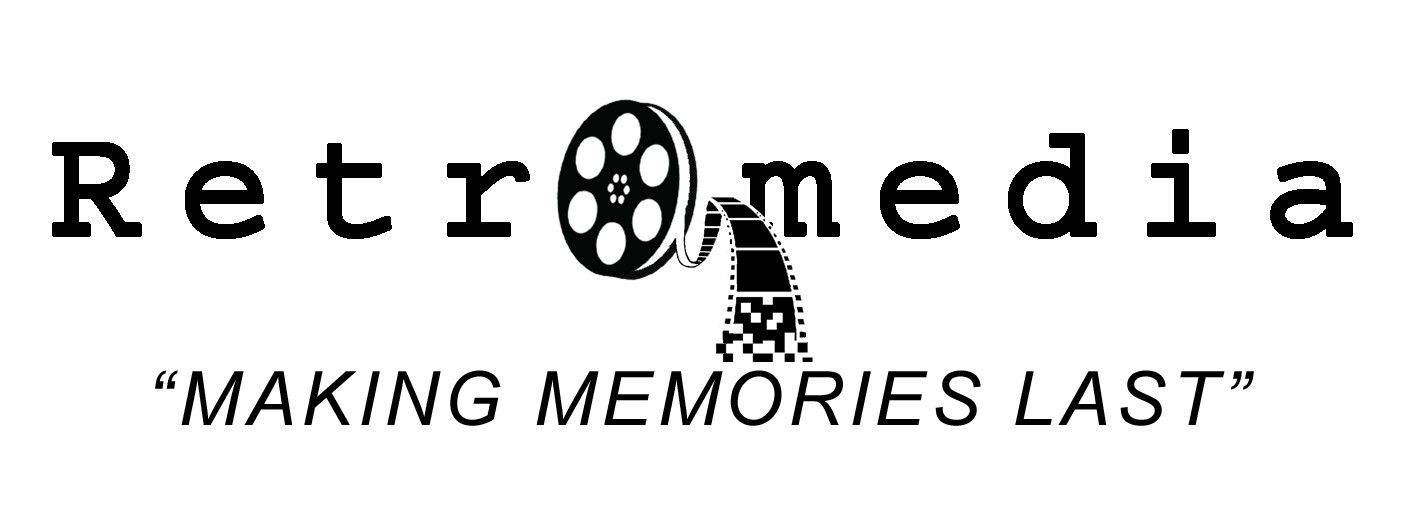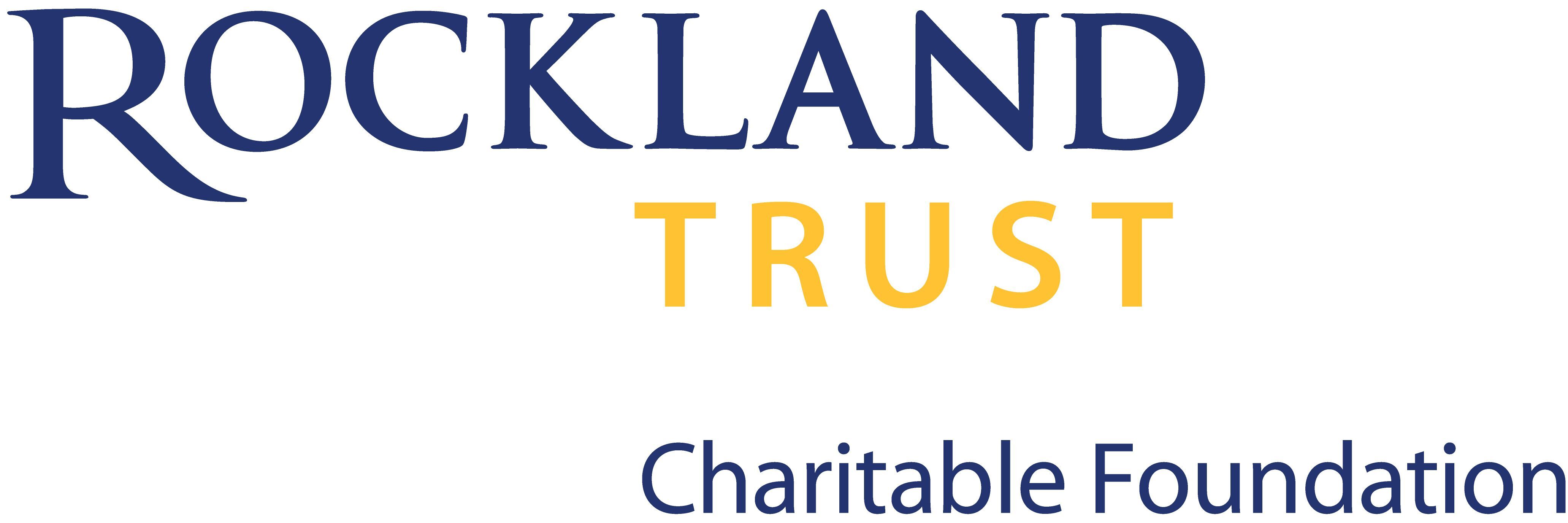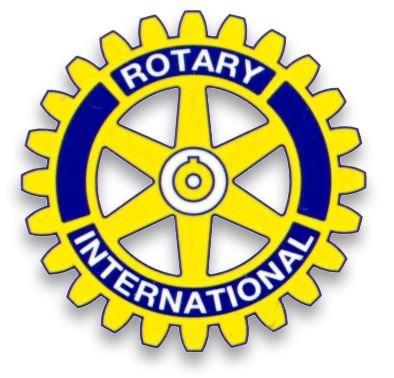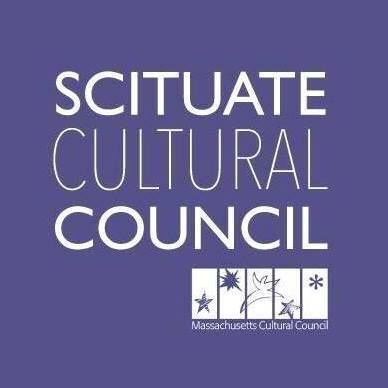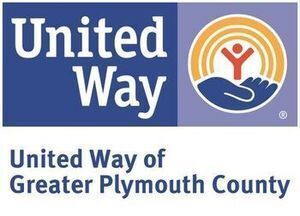Positive Behavior Supports
Positive Behavior Supports (PBS) is a regulatory framework – not a prescription – that we utilize to support individuals in our Day and Residential Programs. It is designed to encourage systems change and improve individual treatment. The goal is to support individuals to grow to their maximum potential.
PBS incorporates established principles of Applied Behavior Analysis (ABA), including both Functional Behavior Assessment (FBA) and evidence-based interventions, further emphasizes person-centered planning, and recognizes current values in the field of human services for individuals with intellectual and/or developmental disabilities.
Using positive approaches, PBS views behavior as individual’s responses to his or her situation or environment, and as an expression of needs and preferences.
Positive Behavior Supports is an antecedent approach to behavior that works to modify the environment to avoid or decrease the intensity of dangerous or challenging behaviors by working to increase quality of life among all individuals receiving services through The Arc of the South Shore.
PBS Values:
- Prevention: Considerable effort is dedicated to ensuring individuals are provided with positive, preventative, proactive, and responsive environments in which they are less likely to engage in problematic behavior due to lack of access to preferred activities, boredom, frustration, or an unrecognized health problem.
- Teaching: Teaching adaptive, functional skills plays a central role in all PBS work. The focus of PBS is teaching or strengthening adaptive, functional behavior rather than diminishing challenging/problem behavior.
- Treatment integrity: PBS has an ongoing emphasis that all interventions are implemented as planned. Continuous effort is made in the assessment of treatment integrity in a PBS program.
- Evidence-based clinical practices: Strategies based on procedures, assessments, and interventions that are validated through peer-reviewed research. Extensive research has identified practices with evidence of success with similar populations. PBS embraces available evidence-based practices that do not have coercive elements.
- Data-based decision making: Objective data based on important behaviors, practices, and outcomes will be reviewed and used for decision making with the goal of improving outcomes overtime.
- Team-supported process: PBS is a team-based system where contributions from all members (individual, involved family, support staff, etc.) are valued and welcomed.
- Willingness to change physical or social environments: Environmental redesign can be a key component of PBS. Environments should be safe (e.g., free of physical obstacles, provide clear visual paths, and adequate lighting, etc.) and appealing (e.g. clean, attractive, etc.)
- On-going monitoring of individuals: Regular and frequent screenings identifying individuals who may need additional supports possibly at the Targeted or Intensive Support level are critical components.
- Person-centered emphasis: PBS include persistent emphasis on involving the person in the planning process and focusing on the individual’s goals rather than identifying goals in the context of resources that are available.
- Staff as a key resource: Engaging staff in PBS work requires a commitment to training, monitoring, and problem solving with staff in an open, respectful way.
- Value-based clinical practice: PBS interventions are selected based on their fit for the individual’s preferences, consistency with prevailing cultural norms, and an emphasis on avoiding any that include coercive elements.
The Arc of the South Shore’s PBS Expectations:
Be safe. Be respectful. Be responsible. Be the best you can be!
Tier I - Universal Supports: Program level supports that are in place for all people, all the time, across staff and environments. Universal Supports are building supports and strategies to promote a positive, effective skill development environment and prevent most problem behaviors.
Tier II – Targeted Supports: Group level supports for individuals who require additional supports to be successful. The focus is on supporting individuals who are at risk for developing more serious problem behavior before they start.
Tier III – Intensive/Individualized Supports: Individualized level of supports that address dangerous or highly disruptive behaviors that create barriers to independence, skill building, or social inclusion. These supports are highly individualized and take into consideration the individual, their needs and preferences, current performance level, and skills to work to decrease/replace dangerous behaviors.
Universal Supports:
1. Establish, maintain. and uphold a positive climate/atmosphere in all areas (administration, management, direct care staff) by encouraging personal responsibility and a sense of belonging to all.
2. Establish, maintain, and uphold a safe clean, comfortable, and functional environment.
3. Create and maintain a predictable environment through visuals, schedules, and planned activities.
4. Promote and provide opportunities for choice making through a person-centered approach.
5. Positively and at the appropriate level, reinforce behaviors that are in line with agency and program expectations of being safe, kind/respectful, and responsible. Teach and reinforce across environments.
6. Utilize redirection, teaching, and reinforcing socially appropriate behaviors and teaching adaptive replacement behaviors to decrease unwanted behaviors.
7. Utilize knowledge and rapport to initiate person centered, positive interactions.
8. Provide an environment for learning, growth, independence, and self-advocacy.
9. Work collaboratively in environments to prevent unexpected behaviors through teaching socially appropriate and/or functionally equivalent behaviors.
10. Collect, analyze, and utilize data with honesty and integrity to support decision-making in the implementation and modification of the environment and of Universal PBS within programs.
11. Provide positive behavioral supports within individuals’ human rights. Teach and review human rights and responsibilities frequently.
Recognition:
At The Arc of the South Shore, we celebrate the big and small victories of the individuals we provide services for and the staff that provides the services through recognition boards. Think Walls of Fame filled with highlights of gained independence, skill mastery, trying a new or challenging tasks, going above and beyond, showing kindness, making safe choices, acts of respect and fulfilling responsibilities.
For more information, please contact Adrian Sadler, Director of PBS, at 781-335-3023 or ASadler@ArcSouthShore.org.
In 74 years, we have...
-
People Helped
100,000
-
Volunteers Engaged
7,000
-
Local and National Partnerships
1,000
-
Communities Served
85
-
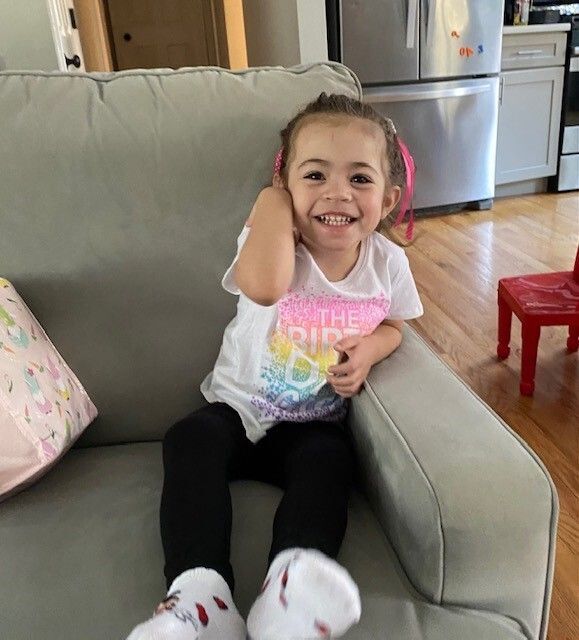 Andrea, Mother of a Program Participant
Andrea, Mother of a Program ParticipantWe wouldn’t be where we are today without all of your support of May. Your EI team truly made a difference.
